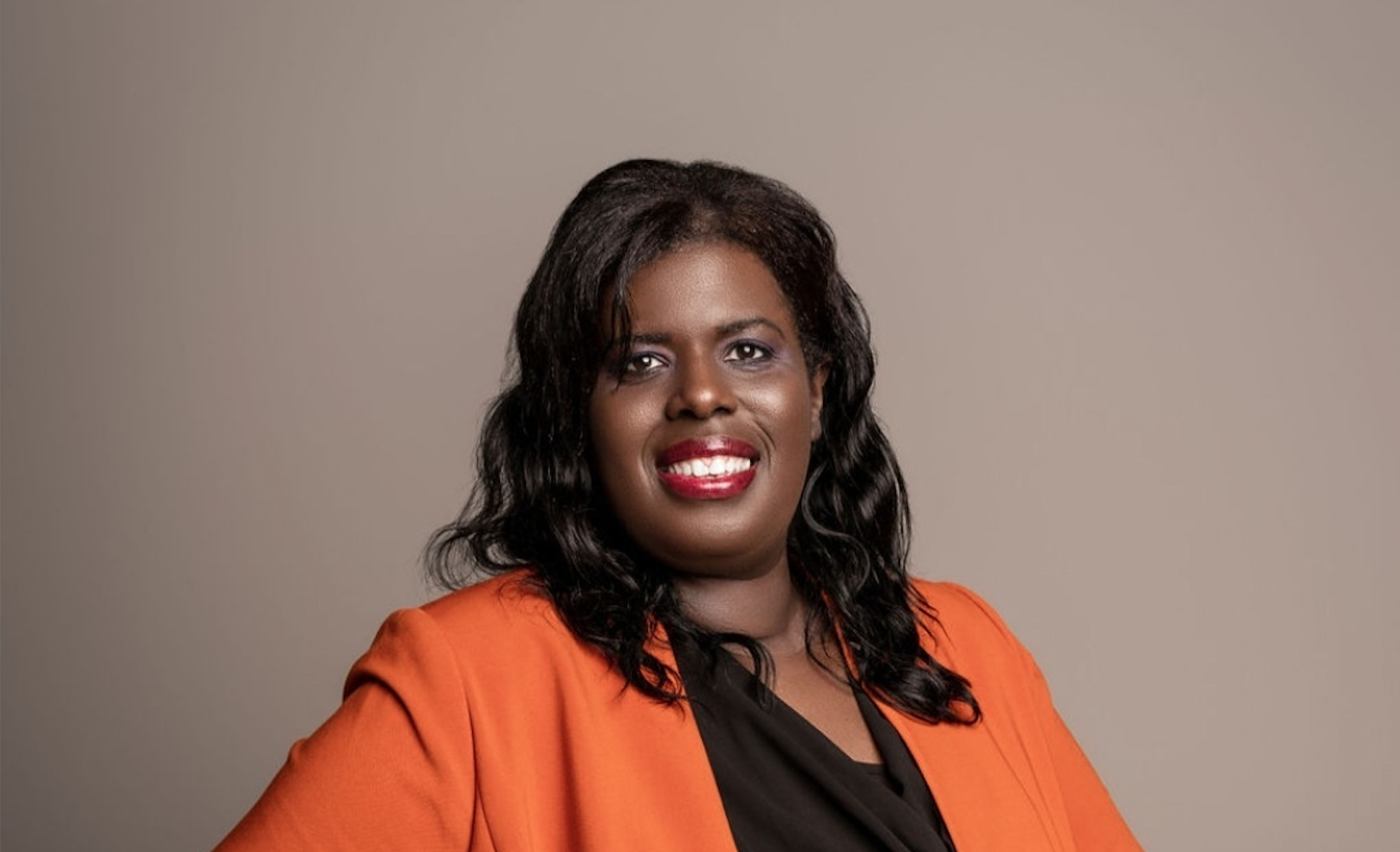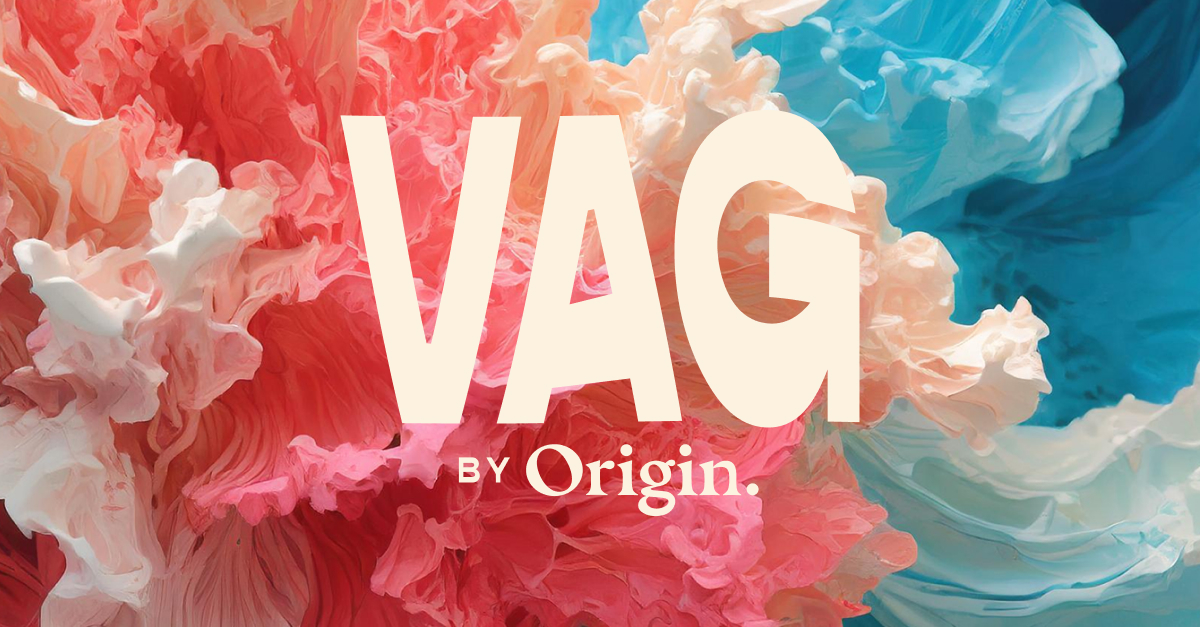
Welcome to another edition of Feminist Friday, our regular column where we share a handful of our favorite videos of the week! We’re all about dismantling misconceptions about feminism (sadly there are still too many out there) and doubling down on the intersectional focus of the movement, which is why we created this column.
First up this week is a video by the National Museum of African American History and Culture, called ‘#APeoplesJourney: African American Women and the Struggle for Equality. When it comes to intersectionality, the dominant white, female narrative has often been the default voice in mainstream conversations, but we have reached a tipping point where women of color, especially black women in America, are making sure people know how they have been on the front lines from the very beginning of the movement.
“African American women have always been part of the African American struggle for full equality. Learn how early freedom fighters like Sojourner Truth, Harriet Tubman, and Anna Julia Cooper fought against multiple oppressions. Scholar Kimberlé Crenshaw explains how the intersections of these oppressions manifest today in the term she coined, ‘intersectionality’,” says a description of the video.
The video below was made as an easily-digestible way for viewers to get familiar with the work of black women throughout history.
“We are telling a story through a lens to complicate the mainstream,” Dr. Rhea Combs, museum curator for the Center of African American Media Arts, told Teen Vogue.
The video was released a month before the March for Black Women in Washington D.C. took place, an event which sought to bring to light current issues that black women are facing in America today, and ensure there is a space within the current feminist movement to fight for their equality.
“The video serves to teach about the generations of black women who have continued the fight for equality and justice despite the societal and institutional oppression that disregarded their humanity. Their efforts laid down the foundation for radical social change in the United States and throughout the world. Despite being ignored from the feminist and civil rights movements, black women have and contribute to pave the world toward a liberated society,” writes Teen Vogue’s Taylor Crumpton.
The second video comes from Plan International USA who have teamed up with The Female Quotient for a very important message leading up to International Day of the Girl, October 11. The video is all about giving girls around the world, and especially in under-developed areas where being female makes you a second class citizen, the opportunity to thrive and contribute to society.
“Plan International has joined forces with The Female Quotient for International Day of the Girl to tell the world that girls belong in corporate board rooms, government offices, and leadership roles. Their voices fully belong in discussions that affect the political and economic lives of their communities and countries. Girls belong anywhere and EVERYWHERE a boy or man belongs!” says a description for the ‘Girls Belong Here’ video.
The Female Quotient is committed to gender equality in the workplace and is the facilitator of the Girls Lounge – the largest community of corporate women who connect, collaborate and activate change together at industry conferences and within their companies.
One of the most powerful things a young girl can have in her life is a mentor, someone she can look up to and recognize what is possible for her own future. The women in the video below talk about the impact of girls being given a seat at the table and encouraged to aspire for careers in the same way that boys are from a young age.
Our final video covers a topic that we are particularly passionate about – women’s reproductive choice. Here in the United States, reproductive healthcare is under attack, especially with the Trump administration appointing anti-choice and anti-science people to pivotal positions within the Health and Human Services department.
It has never been a more crucial time for people across America to raise their voices in opposition to this regression. But it’s not just women’s voices we need to hear, it’s also the voices of support and ally-ship from men. September 26 marks the 5th anniversary of the 1.2 million member-strong reproductive justice group’s #MenForChoice initiative, which underscores the way that men are standing up for not only women’s health but women’s equality. This year a #MenForChoice conversation on Twitter saw men from all walks of life sharing why they believe in supporting a woman’s right to choose.
“I believe women are smart enough, wise enough, and strong enough to make their own choices about their bodies and lives,” tweeted actor Mark Ruffalo, who has previously spoken openly about his mother having an abortion being the reason for why he is passionate about this issue.
Coinciding with the conversation on Twitter, as well as Sept 28 being the Global Day of Action for Access to Safe and Legal Abortion, Rewire News featured a group based out of Illinois called Men4Choice who go around the country engaging men to become powerful allies and activists in this fight. The website sums up their mission perfectly: “Men don’t have to put up with this bullshit. Why should women?”
Actor David Eigenberg, who played Miranda’s husband in ‘Sex and the City’, made the following video with NARAL, talking candidly about his wife’s abortion, and why it was important for him to support her choice. A common thread among the men speaking about this issue is that they know it is patriarchy and misogyny that continues to allow men in legislatures across America dominate this conversation. We need this to change. We are thankful for men who speak up in support of women being able to make their own decisions about healthcare.
Yes, this is indeed a hot button issue that can fiercely divide a nation, but we cannot solve problems, reduce abortion rates or even help women and children if we deny someone the ability and dignity to make the best decision for themselves.
















